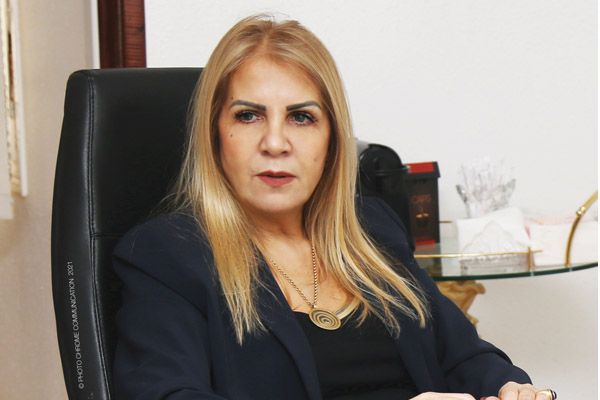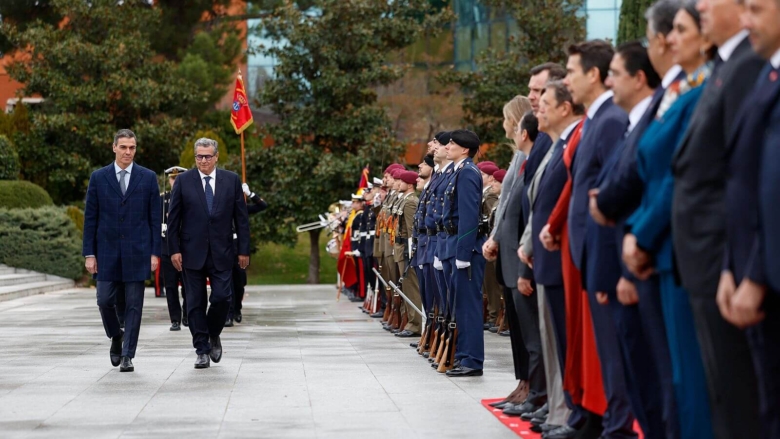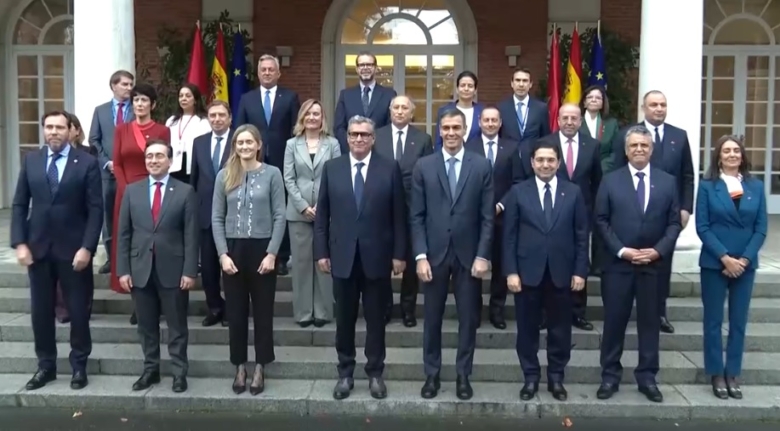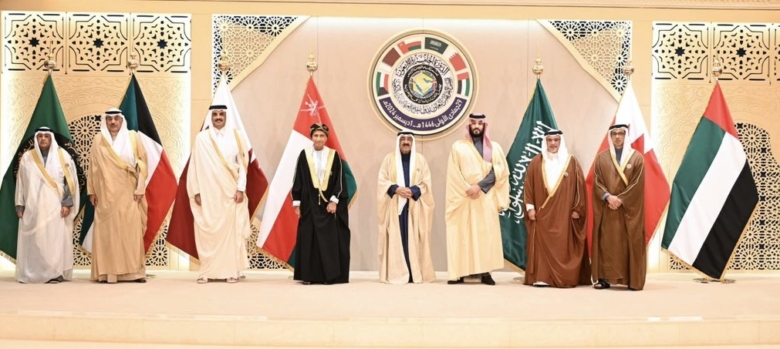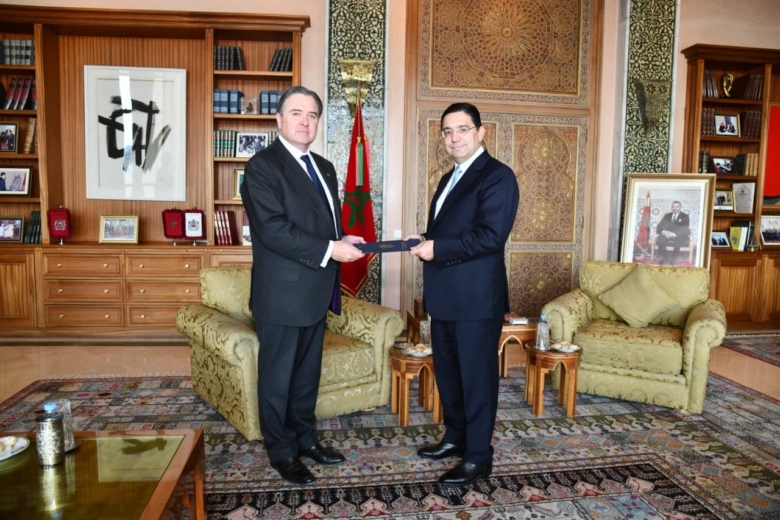French magazine Jeune Afrique has reported growing concerns over the health of prominent Algerian businesswoman Saïda Neghza, former head of the General Confederation of Algerian Enterprises (CGEA), who has been imprisoned since July 9 following her sentencing to four years in prison on appeal.
According to the magazine’s special report released Friday, Neghza — a former short-lived presidential candidate in 2024 — has been confined to a wheelchair since early July, suffering from heart disease and a brain tumor, and is barely eating. Her family and legal team described her condition as “deeply alarming.”
In the weeks leading up to her imprisonment, Neghza reportedly suffered two heart attacks and underwent emergency surgery, with her lawyers attributing the deterioration to the prolonged legal and political pressure she had faced for over a year.
On July 9, she was sentenced to four years in prison for “electoral corruption,” with a detention order issued immediately in the courtroom. She collapsed during the session and was hospitalized in intensive care before being transferred unconscious, under police escort, to Koléa Prison in Tipaza Province.
Neghza’s ordeal is widely linked to a bold letter she addressed to President Abdelmadjid Tebboune in September 2023, in which she fiercely criticized Algeria’s economic and social conditions and accused state institutions of harassing entrepreneurs and business owners. The letter was seen as a direct confrontation with the regime.
The Algerian authorities responded swiftly and harshly through the state news agency, which described Neghza as “detached from reality” and accused her of political blackmail reminiscent of oligarchic tactics under the Bouteflika era. Opposition sources claim this pressure led her to flee to France at the time, fearing arrest.
Months later, Neghza made headlines by announcing her candidacy for the 2024 presidential election, declaring she was motivated by a desire to bring “real change” and respond to the people’s aspirations. Her candidacy positioned her as one of Tebboune’s key rivals, alongside figures such as Youcef Aouchiche and Abdelali Hassani, though she, like others, faced political and legal exclusion.
In August 2024, the public prosecutor opened an investigation into a “signature-buying” scandal, accusing Neghza, former minister Belkacem Sahli, and businessman Abdelhakim Hamadi of bribing local councilors to obtain the endorsements required for candidacy—charges Neghza dismissed as “politically fabricated.”
Although the appellate court reduced her initial 10-year sentence to four years, it also upheld her immediate incarceration, which led to her transfer from the hospital to prison while unconscious. Her lawyers and family have since condemned what they call "inhumane detention conditions" worsening her already critical state.
Observers have described Neghza’s case as a “systematic political retaliation,” especially after her open letter to President Tebboune on May 27, 2025, in which she pleaded for a fair and compassionate review of her case—a plea that went unanswered, reinforcing suspicions of political silencing.
Analysts argue that Neghza’s prosecution reflects a broader political climate in Algeria where dissent is increasingly suppressed, and judicial institutions are weaponized against critics of the regime’s official narrative.
Her case joins a growing list of politically sensitive detentions that have sparked international criticism of the Algerian government, including the imprisonments of renowned author Boualem Sansal, French journalist Christophe Glez, and several opposition figures and rights activists under President Tebboune’s rule.

